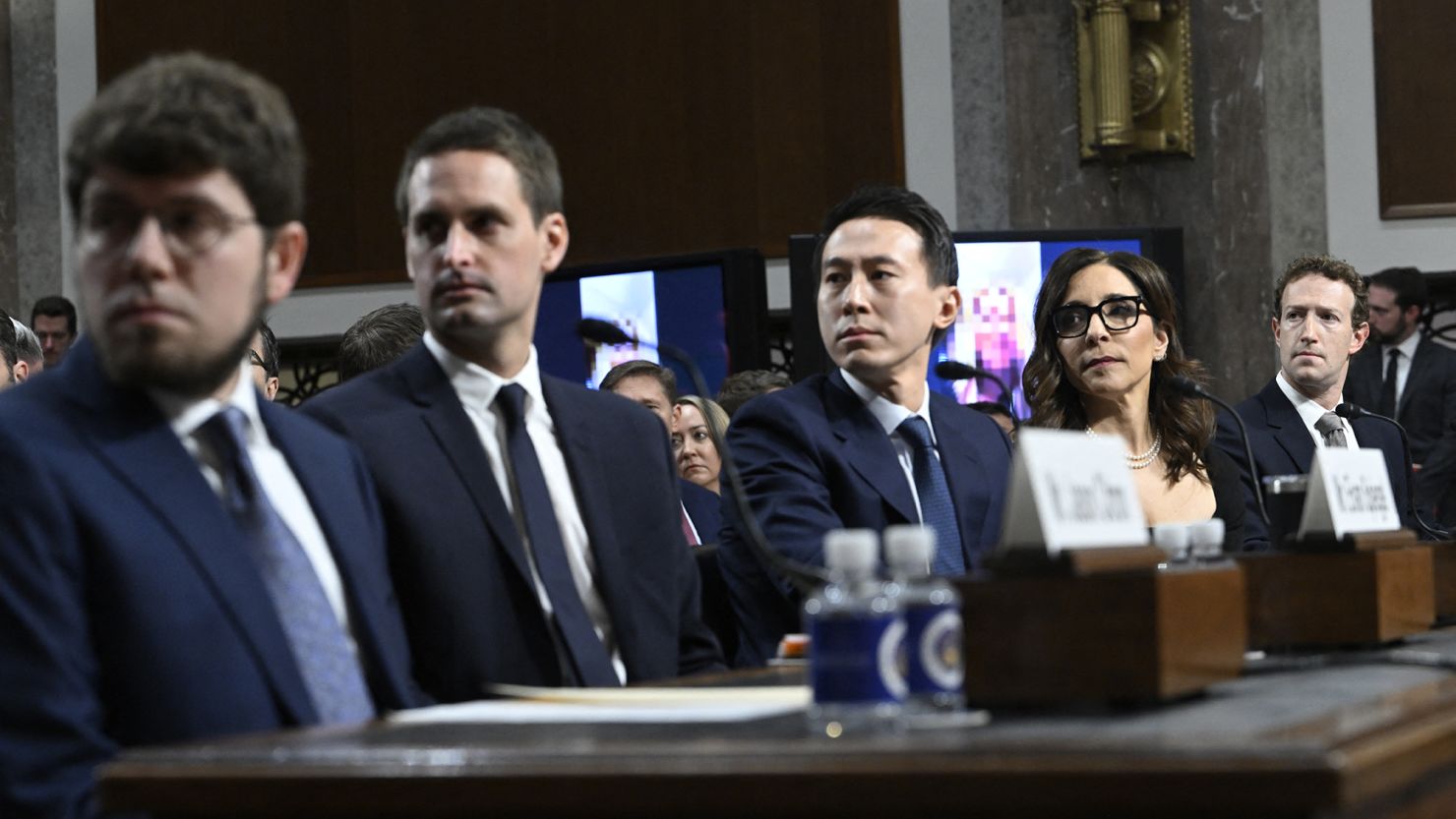
A bipartisan effort in the Senate aimed at enhancing online safety for minors has sparked intense debate following the recent hearings Capital Hill. The Kids Online Safety Act (KOSA) is at the center of this contentious discussion, drawing both support and criticism from various quarters.
At the heart of KOSA is a proposal to regulate the type of content accessible to minors on online platforms, coupled with the empowerment of regulatory bodies like the Federal Trade Commission and state attorneys general to enforce these rules. Proponents of the bill argue that it represents a crucial step in safeguarding young users from harmful content such as posts promoting self-harm or eating disorders.
However, a coalition comprising tech advocacy groups and human rights organizations has raised significant objections to the legislation. Their concern lies in the potential for KOSA to inadvertently restrict access to vital information on topics like gender identity, sexuality, and reproductive health for young people. According to Aliya Bhatia, a policy analyst at the Center for Democracy and Technology, the bill could disproportionately harm LGBTQ teens, teens of color, and other marginalized groups.
A major point of contention is the bill’s duty of care provision, which mandates platforms to take reasonable measures to mitigate harm. Critics fear that this broad requirement could lead to inconsistent enforcement across states, resulting in a fragmented information environment online. Moreover, concerns have been raised regarding the bill’s impact on content moderation practices and freedom of expression.
Despite assurances from supporters that KOSA aims to regulate platform design rather than individual content, skepticism persists. Haley Hinkle, policy counsel at the child online advocacy group Fairplay, emphasizes that KOSA seeks to address specific harms without impeding minors’ ability to access information.
KOSA has undergone several revisions to address the concerns of advocacy groups. However, dissenting voices continue to highlight potential pitfalls, particularly regarding the bill’s scope and implications for LGBTQ rights. Evan Greer, director of Fight for the Future, insists that more substantial amendments are needed to safeguard against unintended consequences.
The bill’s pathway to becoming law remains uncertain, with its fate hinging on ongoing negotiations and discussions among lawmakers and stakeholders. Despite the bipartisan support it has garnered, challenges persist in reconciling competing interests and ideologies.
As the debate over KOSA unfolds, it underscores the complex interplay between online safety, freedom of expression, and the protection of vulnerable communities. While the need to shield minors from harmful content is indisputable, finding the right balance between regulation and individual rights remains a formidable task.
